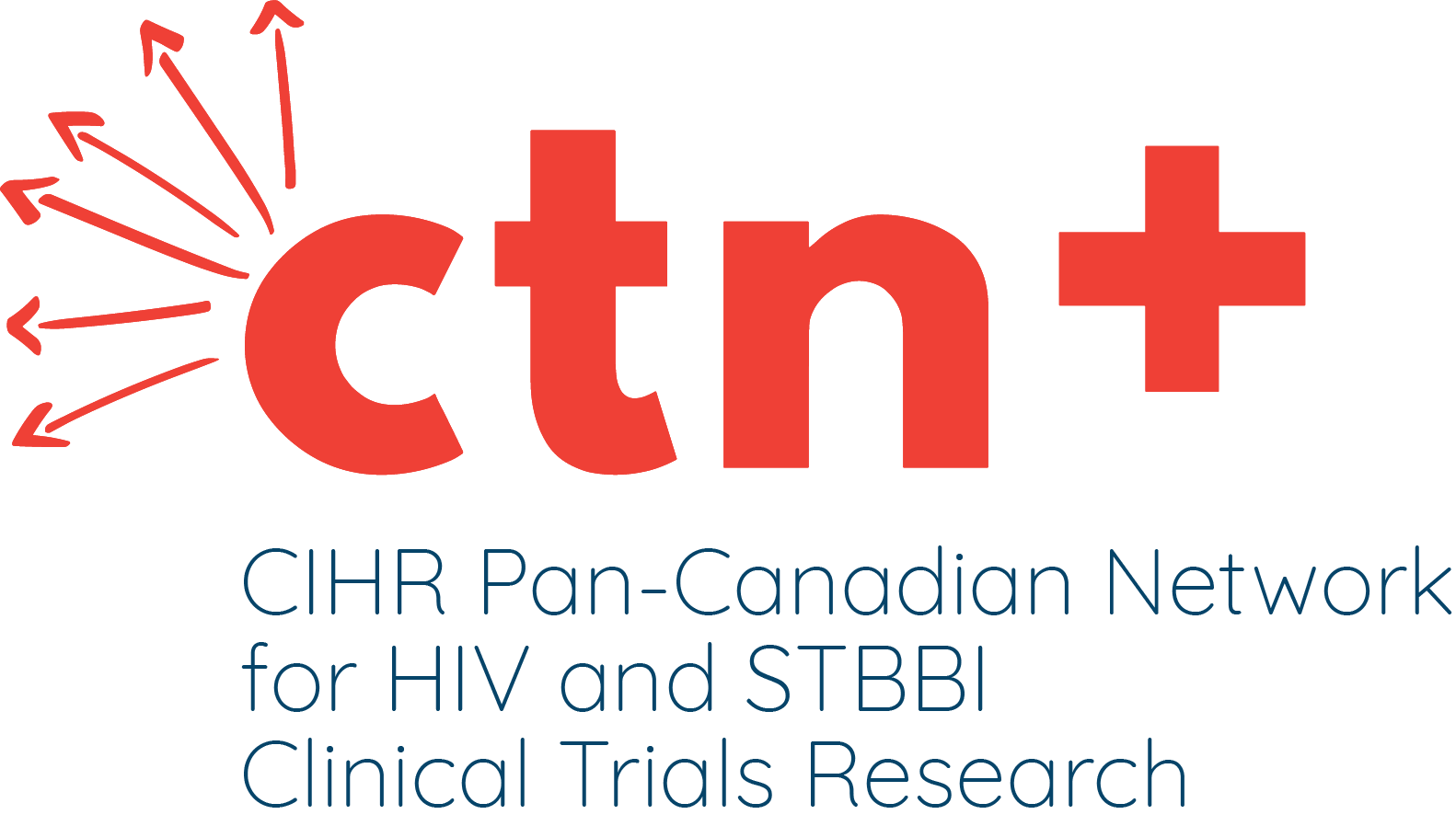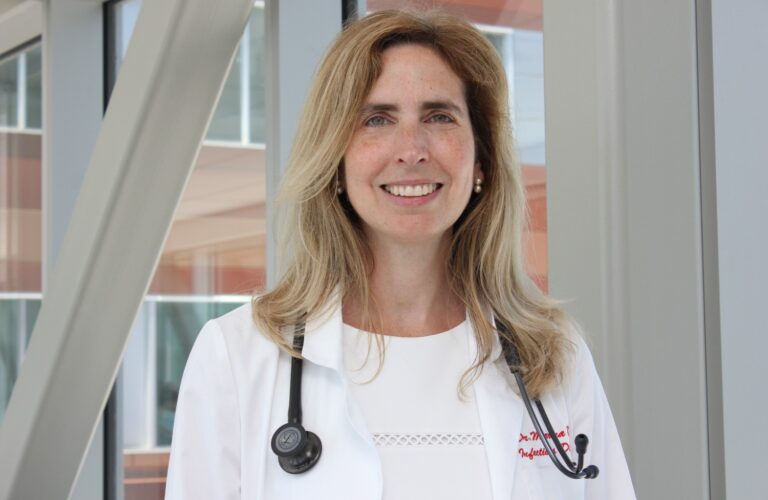
Dr. Malika Sharma at the CTN Fall meetings in Montreal
HIV rates in Canada continue to rise despite new tools at our disposal to prevent new infections.
Dr. Malika Sharma is using her CTN-CANFAR postdoctoral fellowship to broaden access to these new preventative tools. Specifically, in partnership with her supervisor Dr. Darrell Tan, she will run CTN 303 in Toronto’s GBMSM community.
“My project is really trying to expand access to PrEP by decentralizing care through two channels — through primary care providers, or family physicians, and through nurses at sexual health clinics,” said Dr. Sharma.
Currently, access to PrEP is controlled through traditional channels, like infectious disease specialists. People who want to learn more about PrEP, or want a prescription, usually have to get a referral to a specialist. Getting an appointment can take a lot of time, explained Dr. Sharma.
Dr. Sharma, who also has recently completed a master’s degree in medical education, sees this barrier to PrEP as an issue of education and empowerment — on both sides of the doctor/patient relationship.
Many doctors don’t know how to prescribe PrEP because it is new and there is a gap in training. Many people don’t know if PrEP would be right for them, or where they can get a prescription.
Dr. Sharma’s postdoctoral project seeks to bridge these gaps by both offering training to family physicians and sexual health nurses, and by empowering potential users of PrEP to act as educators for their health providers.
The study will use printed cards and online applications to connect people who want to learn more about PrEP to an online educational module where they can learn more. They can then take the same card to their family doctor, which will direct that healthcare provider to an accredited course on PrEP with prescription guidelines. This way, health providers that have patients that are interested in PrEP will gain access to training in order to serve those people better.
“I’m really interested in this idea of engaging patients and empowering them as educators – they often have a wealth of lived experience and knowledge,” said Dr. Sharma. “I like the idea of turning the traditional doctor/patient relationship on its head a little bit.”






